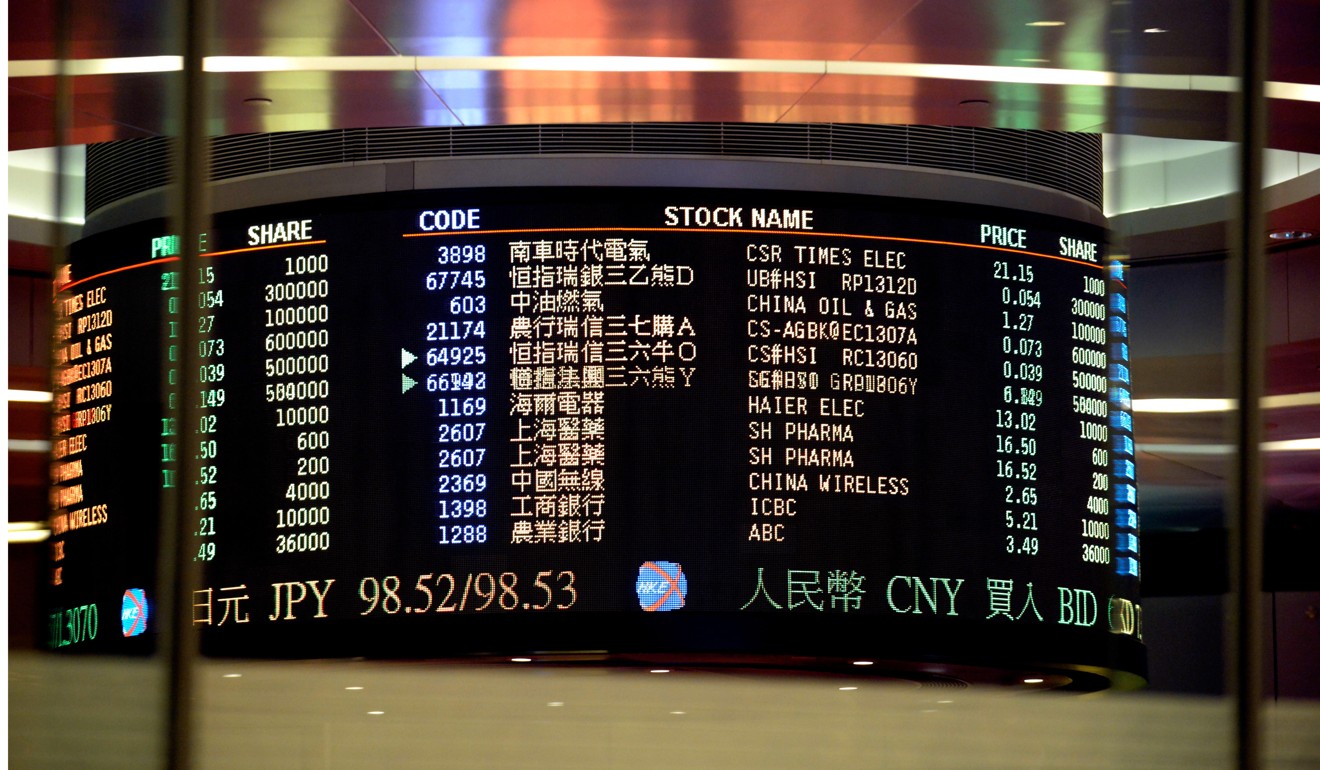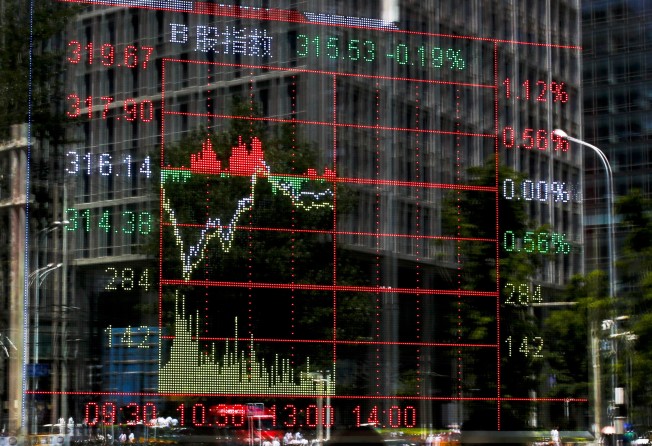
Carrie Lam should endorse scrapping of stock market stamp duty: here’s why
Stock stamp duty has never been considered stable government income, but it is the most expensive element in any transaction cost

The Hong Kong government should consider abolishing stock market stamp duty to boost turnover, under a new fiscal philosophy being suggested by former Hong Kong Monetary Authority chief executive Joseph Yam Chi-kwong.
In his personal blog last week, Yam called for abandoning the “miserly” fiscal philosophy of the past decade even if increased spending leads to budget deficits. The idea is to spend more if that could help boost the economic growth.
Yam’s call was immediately endorsed by Chief Executive Carrie Lam Cheng Yuet-ngor, and so we have the strong possibility of a new fiscal philosophy looming.
While the thinking maybe more on the spending side, it is worth considering how this might affect overall government revenues.
The market has been calling on government to scrap stock stamp duty to boost market turnover for a long time. After all, many other markets no longer collect it.

The Hong Kong government collects 0.1 per cent from the buyer and seller of the value of each stock transaction which is the most expensive single item in any transaction.
Even brokerage fees are sometimes waived, while some charge as low as 0.05 per cent. Transaction costs also involve a 0.0027 per cent levy paid to the Securities and Futures Commission, and 0.005 per cent trading fee paid to the stock exchange.
If the government was willing to give up on charging stamp duties, it would effectively cut transaction costs in half.
A lot, of course, depends on whether stamp duty is considered an important source of government income or not. That can only be measured on what type of year the stock market enjoys.
Over the past 20 years, while total government revenue grew by 104 per cent, total tax revenue grew by 111 per cent, according to Marcellus Wong, senior tax advisor of PwC Hong Kong.
Profits and salaries tax, and betting duty are Hong Kong’s most stable sources of tax revenue, with profit tax the biggest contributor, having grown 152 per cent during the past 20 years, Wong said.
Stamp duties have proved volatile over the same period, mirroring the market’s fortunes.
Its revenue as a percentage of total government revenue has ranged from the lowest of 1.66 per cent to the highest of 9.89 per cent in that time, he added, meaning it can hardly be considered stable, despite being the biggest element in any share transaction cost.
Scrapping the duty may not boost turnover overnight, but it would at least bring Hong Kong in line with other international markets.
Commentators agree too it could well help turnover, benefitting the stock exchange, as stock brokerage firms are likely to end up paying more in profit tax as a result.
With the public backing already of the new Chief Executive, it looks highly likely that at least a discussion on halting stock stamp duties could now find its way onto the government’s agenda in the very near future.